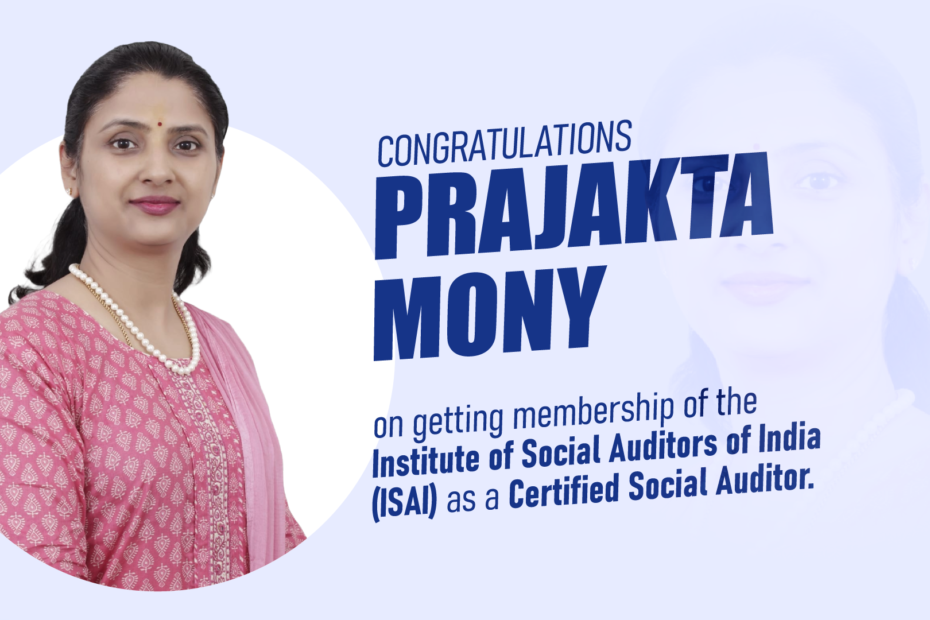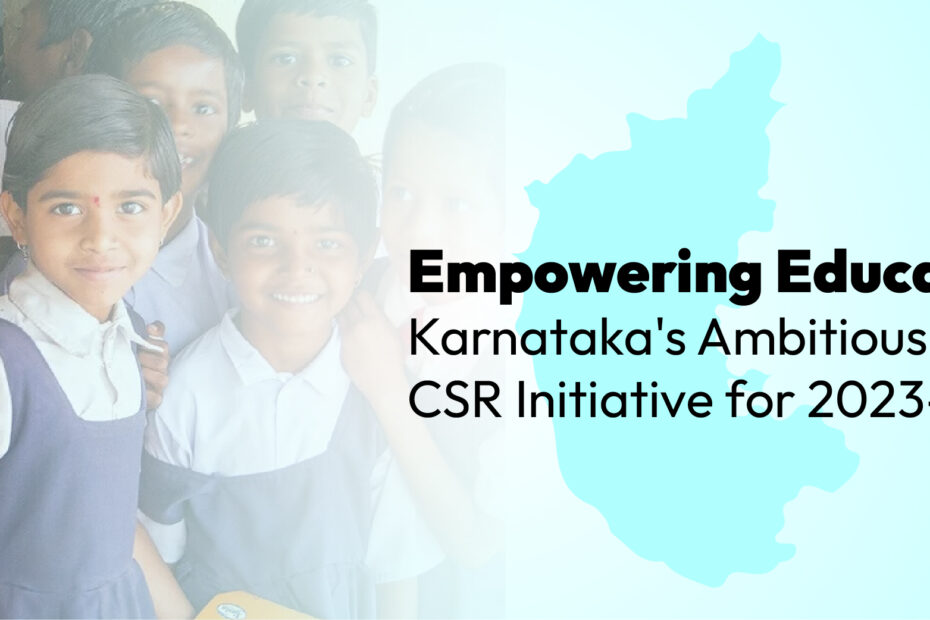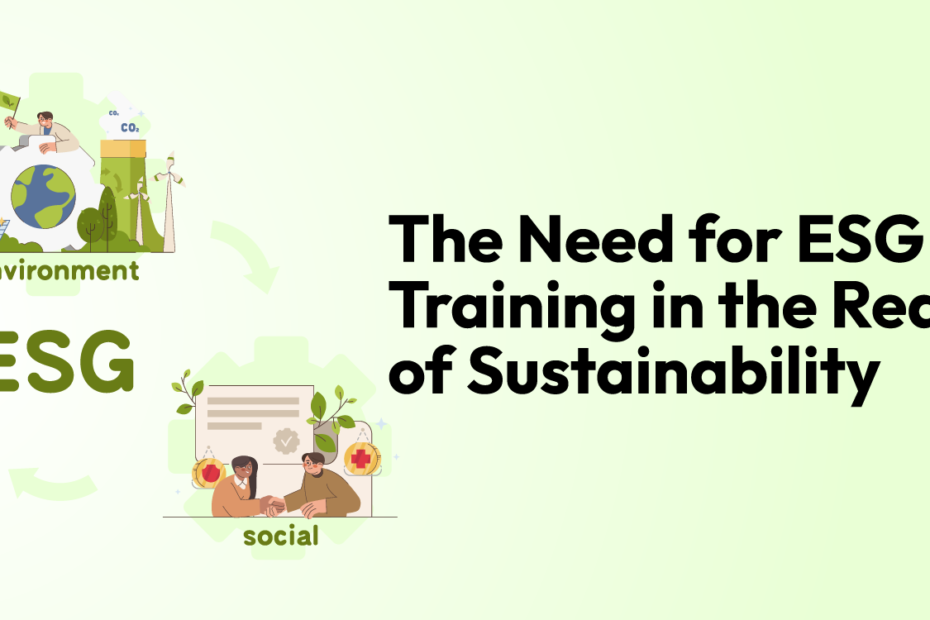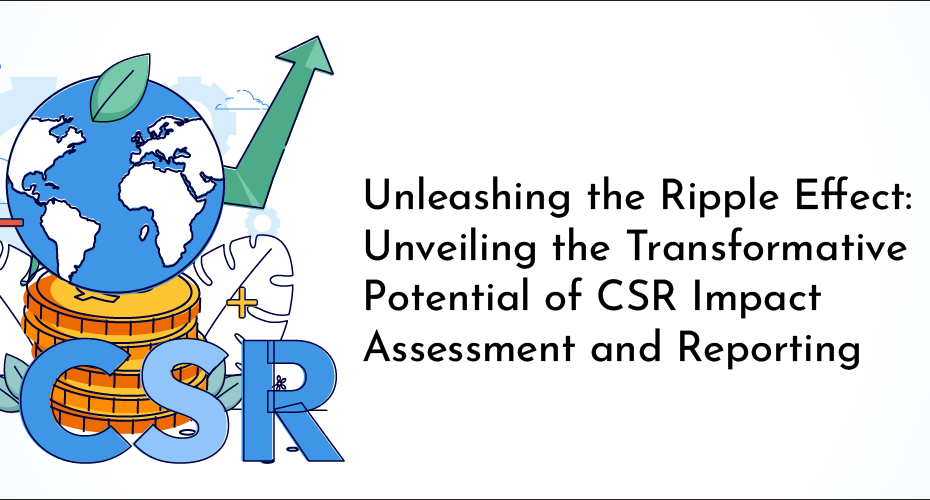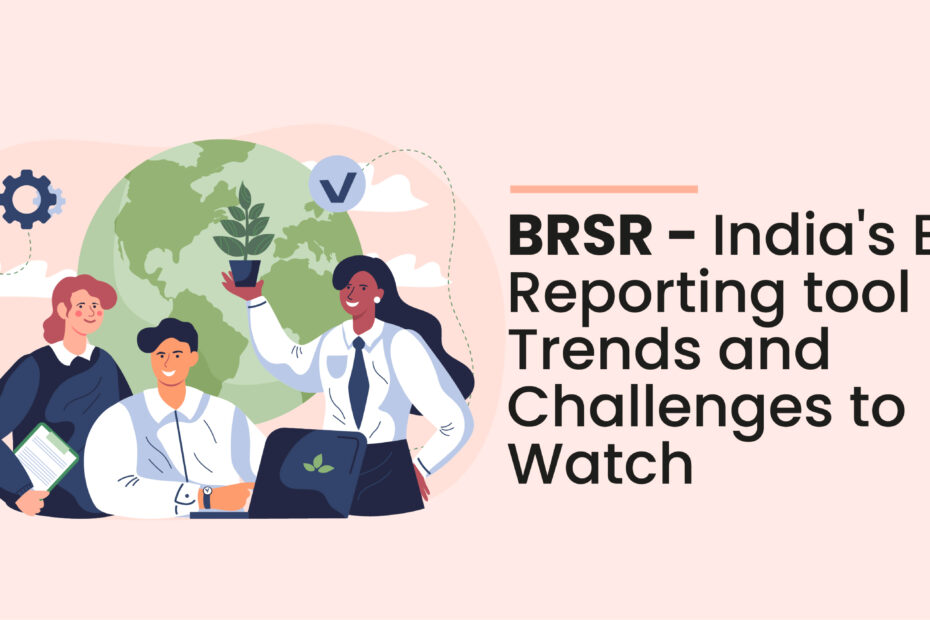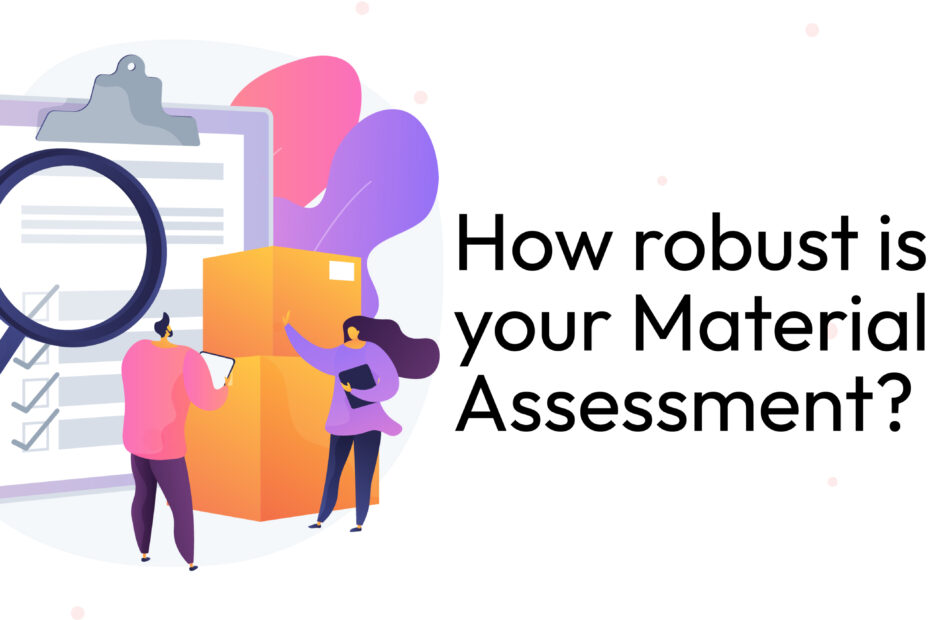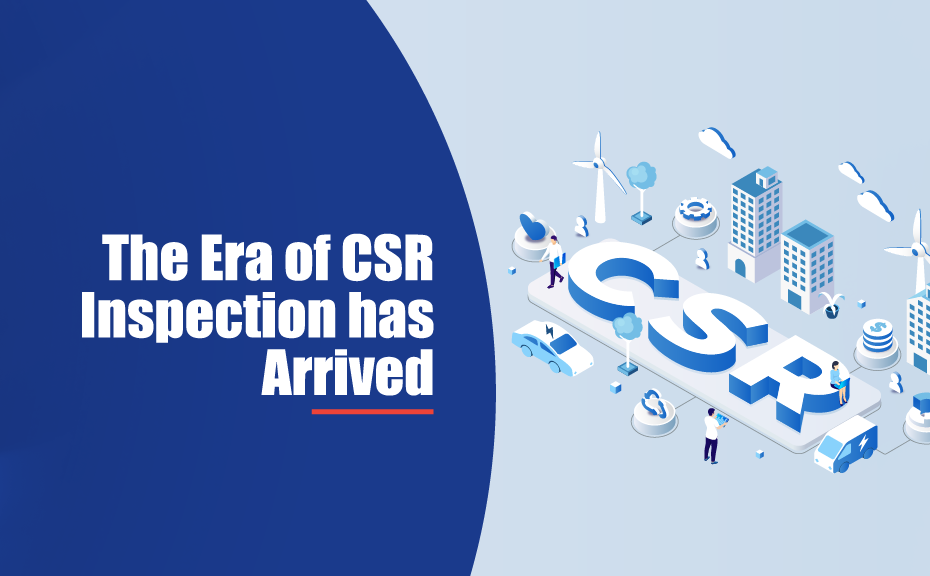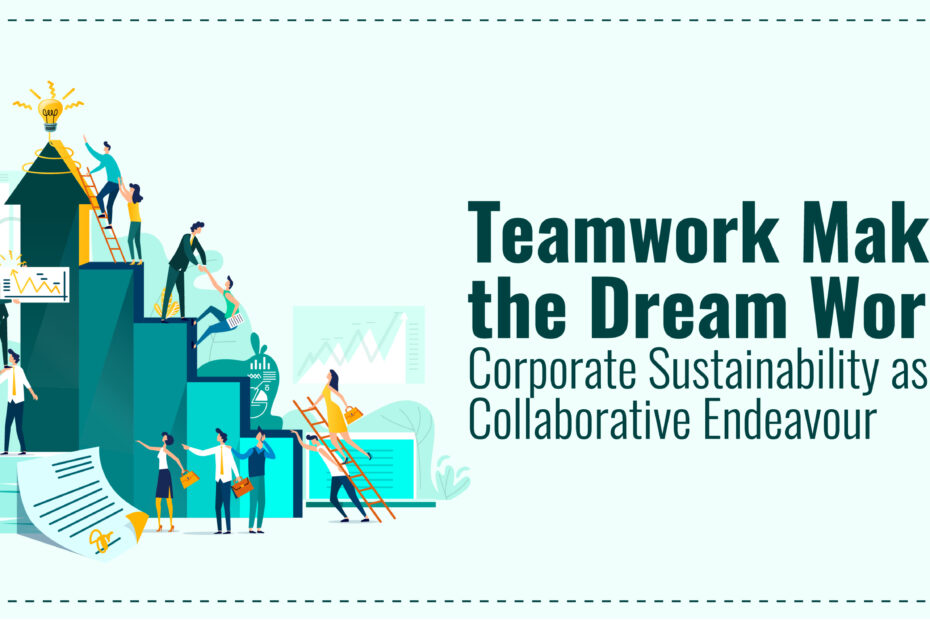BlueSky Sustainable Business’ Rohit achieves membership of the Institute of Social Auditors of India (ISAI) as a certified Social Auditor.
A Delhi University MSW graduate, Rohit has a rich background in child rights advocacy, notably combating child labor and promoting education. As a Wipro Fellow, he co-founded Teach For North-east, supporting under-resourced schools. Recognized as a Social Entrepreneur, Rohit now brings his expertise as a Social Auditor to drive impactful assessments at BlueSky. His journey exemplifies our commitment to responsible business conduct and positive societal change.

